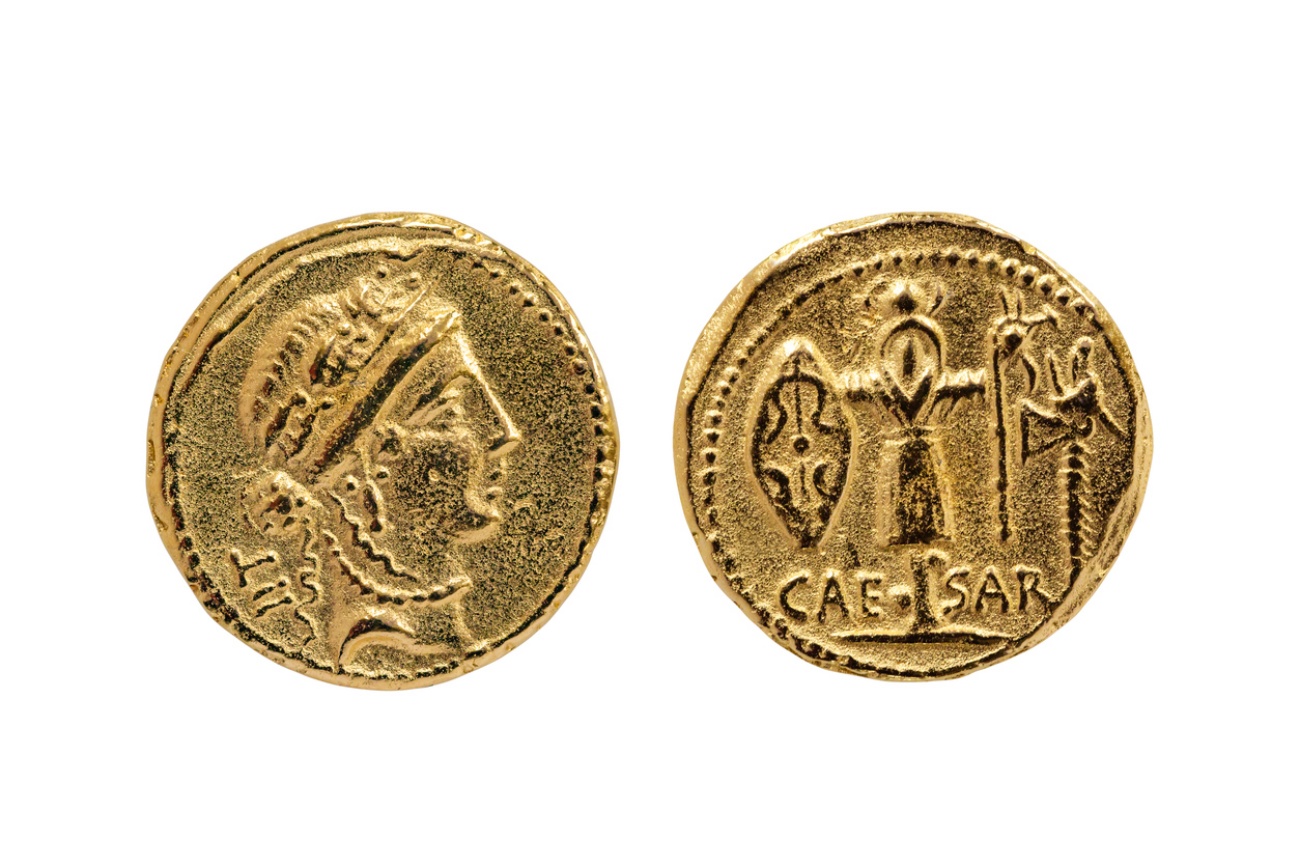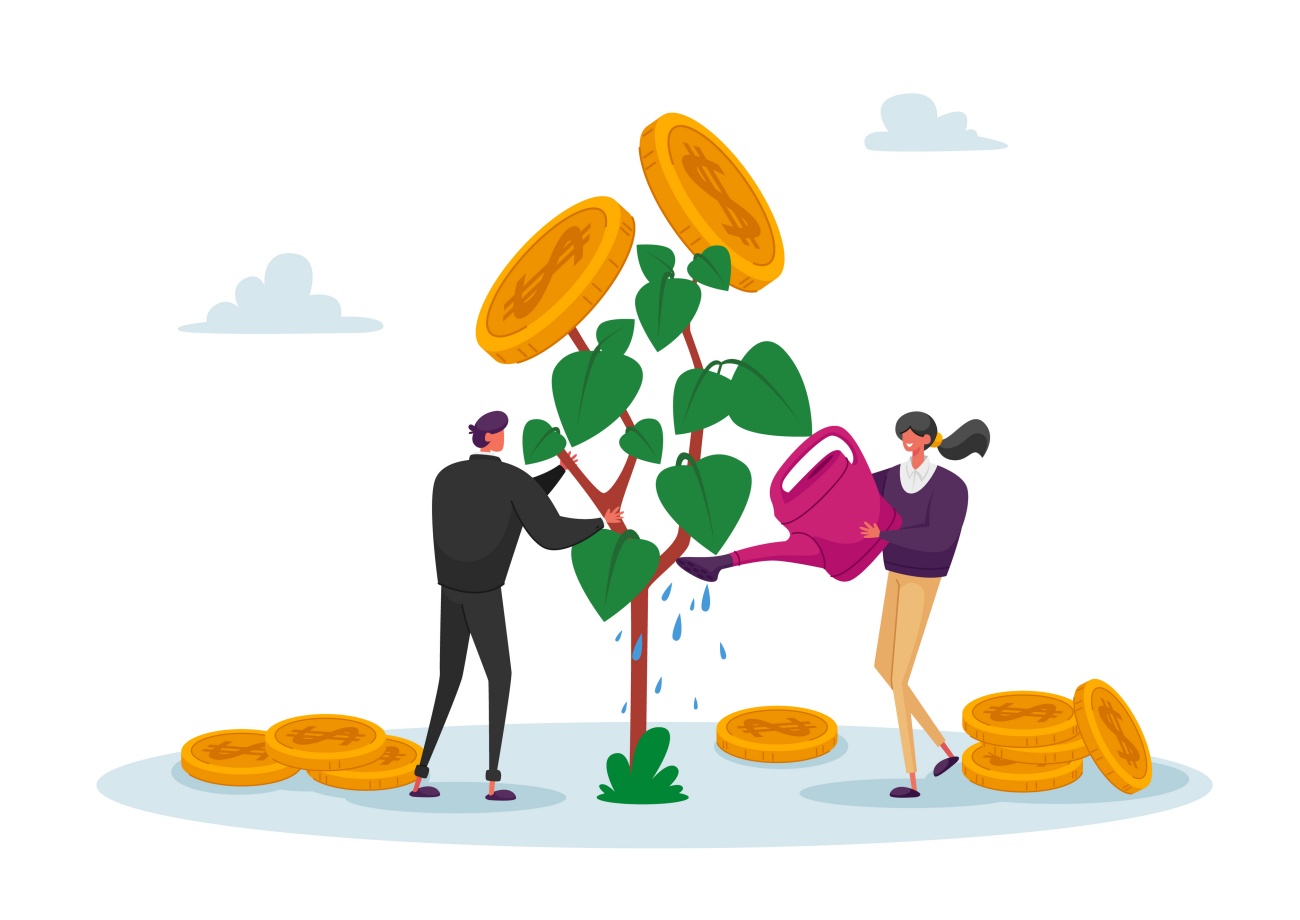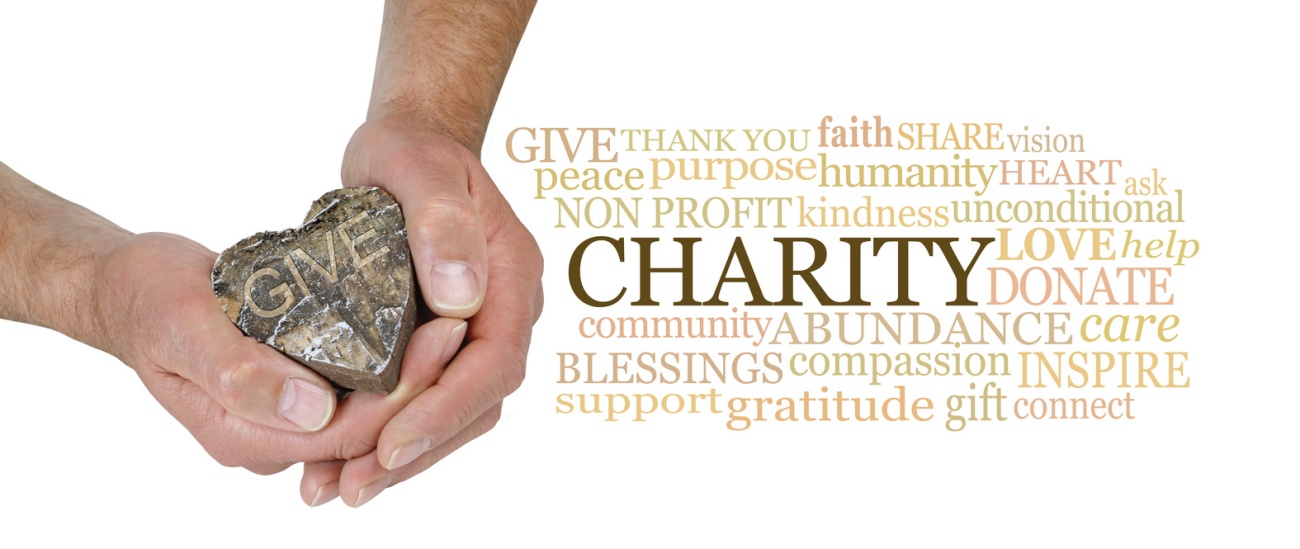The Parable of the Ten Gold Coins, Luke 19:11-27
God’s willing love is always given for our good.
Jesus, in the fashion of good storytelling, uses images that are familiar to his listeners, images that make a connection to their lives. He tells this story about the nobleman who goes off to a far-off country to obtain the title of king for himself. He calls together ten of his servants and gives each a gold coin telling them to “engage in trade with them until his return.” As the tale unfolds, it becomes evident that the material image of the gold coins refers to a meaning far deeper than the images themselves.

When the nobleman returned after obtaining the kingship, he called his servants to him to learn how they had fared with the coins they had been given. Two of them are described as having increased their coins by tenfold and fivefold respectively through skillful trade. For their enterprise and faithfulness they are richly rewarded, the first by being put in charge of ten cities and the second is given five cities. A third tells the king, “Sir, here is your gold coin; I kept it stored away in a handkerchief, for I was afraid of you because you are a demanding person; you take up what you did not lay down and you harvest what you did not plant” (verses 20-21).

Jesus is using the images of business here to give us some instructions as to how we should live our Christian lives. Jesus uses business images that are as familiar to us today as they were to the people of Jesus’ time: investment, risk, and return, but he is using them as models for our spiritual lives. In this sense, he suggests that all that we have, our intellects, our talents, our skills, through which we gain our material well-being, are all pure gifts from a self-giving God. These gifts are not to be hoarded, rather, in recognition of God’s generosity to us, we are to increase those gifts by giving of ourselves, essentially by “sharing them forward.” According to the imagery in the parable, we increase our “wealth” precisely in the measure that we take the “risk” of using it or sharing it beyond ourselves.

If we recognize God’s unconditional generosity toward us and, in like manner, freely pass it on to others, we reveal the depth of the divine life that exists within us. In doing so we increase the original gift tenfold. If, on the other hand, we hoard these God-given gifts to ourselves, not sharing them with others, keeping them to ourselves, for whatever reason, Jesus tells us, “From those who have nothing even what they have will be taken away” (verse 26). In other words, if we cling to these gifts for reasons of selfishness, fear, or laziness, we will lose them all in short order. But those who are faithful to God and his gifts of faith, hope, charity, these will be increased in them even more.

If we learn to recognize and to freely share the love that our self-giving God gives us so generously every day, that love will be increased in us, our souls will grow greater, more expansive and more generous. The souls of those who become self-absorbed, selfish, and grasping will only dry up and become smaller, more cramped, and lifeless. It is the work of a child of God to grow and to share the great God-given gifts of faith, hope, and love in the world. It is in and through this that God continues his saving work in the world today. God’s willing love is always given for our good. When we learn to love others as he loves us, we become the saints we were made and called to be.
SKM: below-content placeholderWhizzco for FHB

